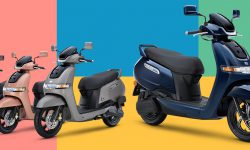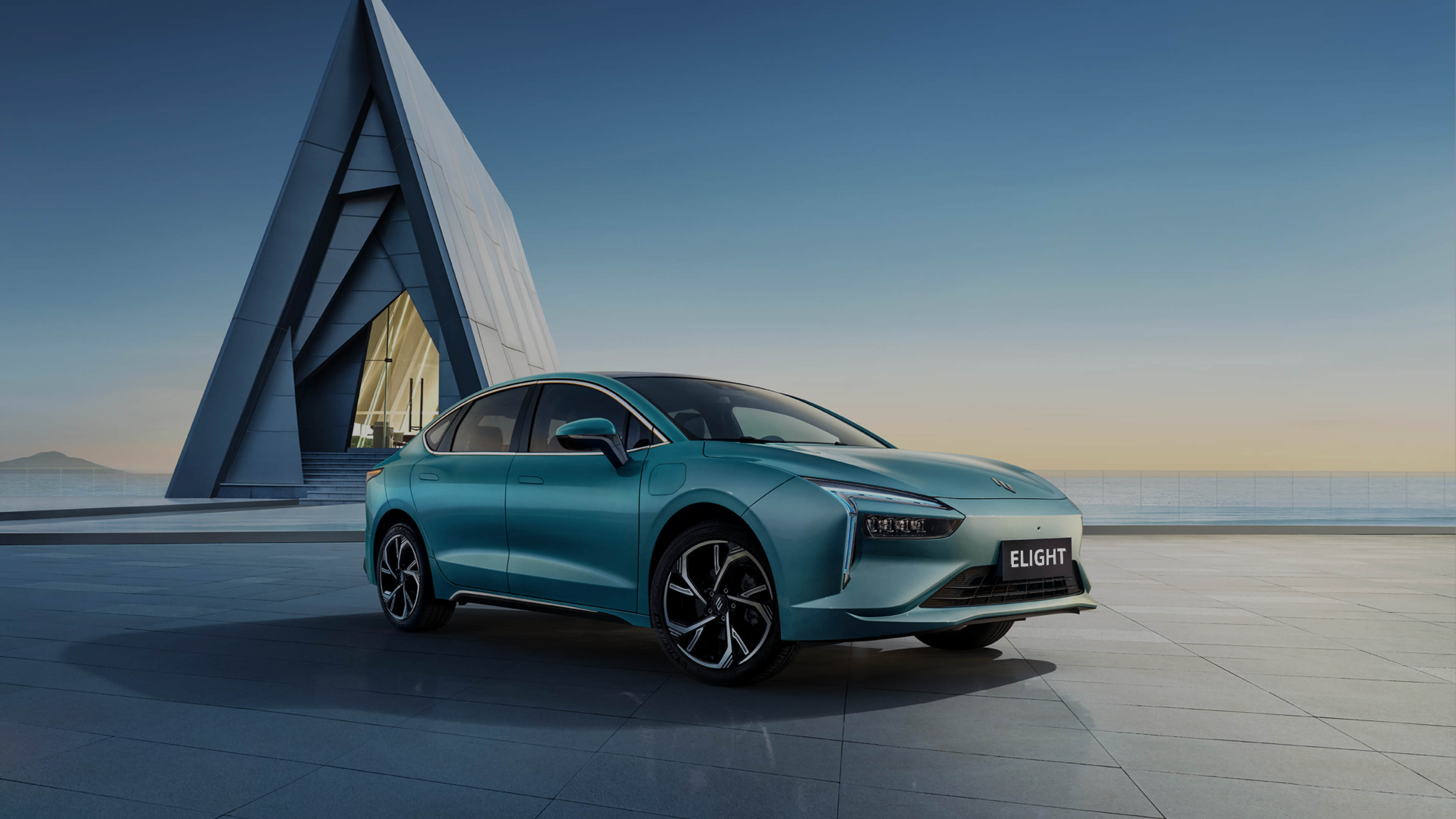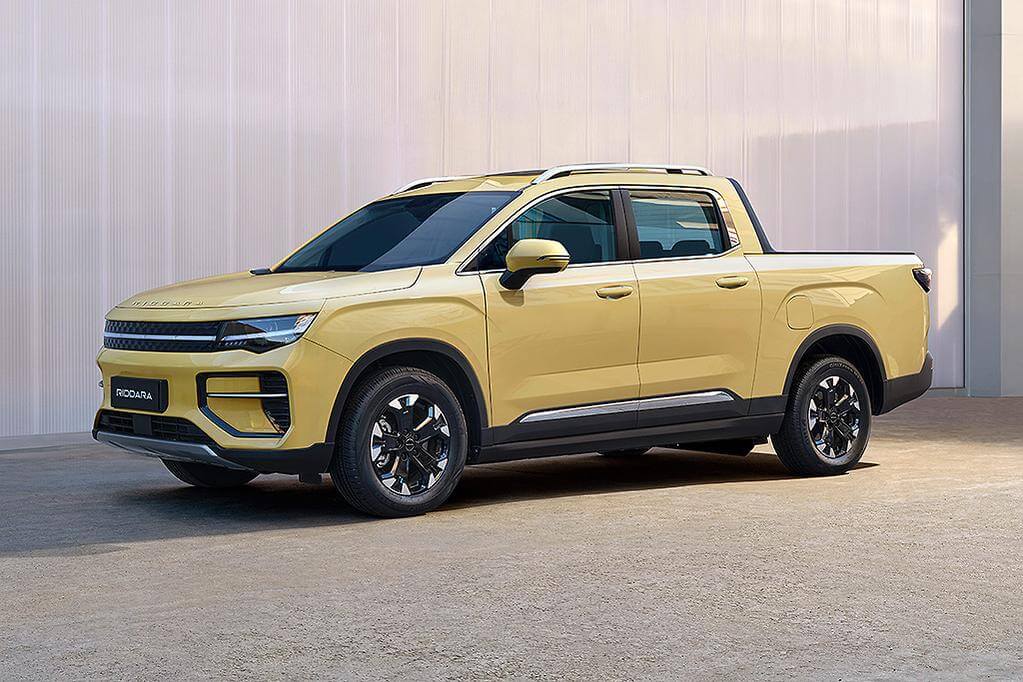Nepal Telecom has finally launched the eSIM service in Nepal for the general public. Current NTC users can upgrade to it for free.
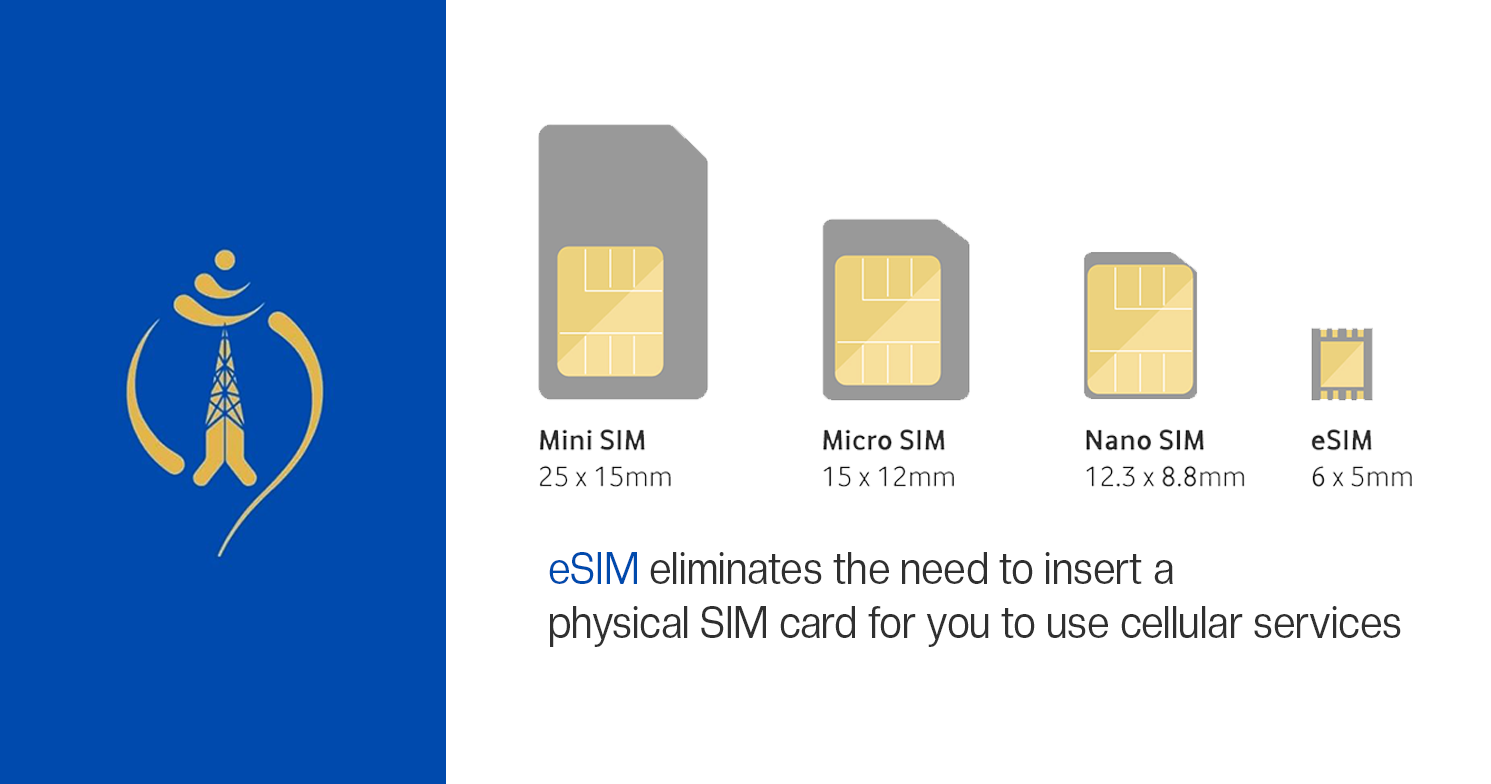
With this, Nepal Telecom becomes the first telecom operator to support eSIM in Nepal. The eSIM allows users to use all the functions and services of a SIM card but without the need for a physical SIM card.
The telecom giant partnered with Monty UK Global Limited to provide the necessary platform for making eSIM service available to NTC customers.
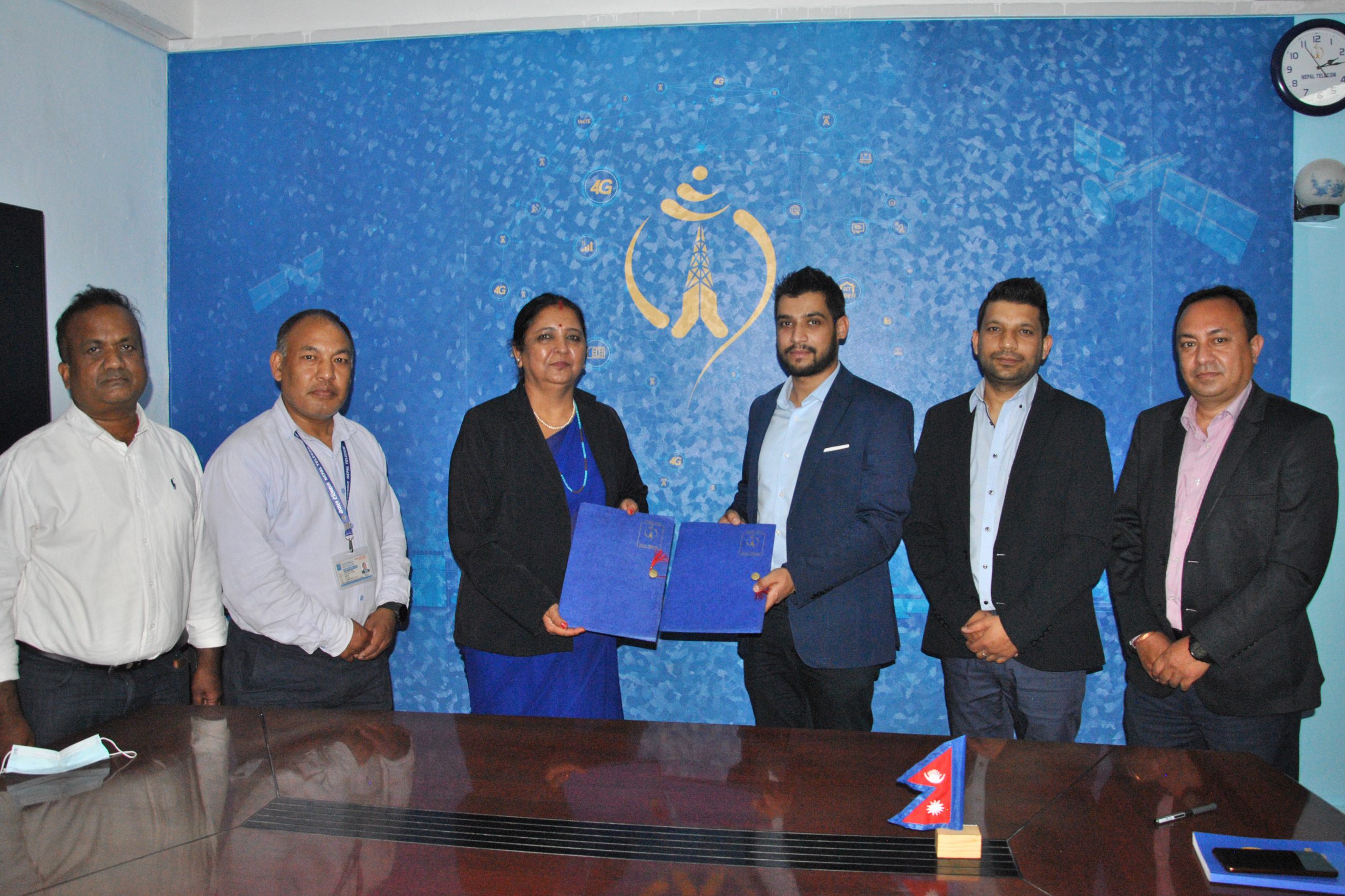
NTC’s eSIM in Nepal
How to get NTC eSIM in Nepal?
Starting today (September 16, 2022), Nepal Telecom is distributing eSIM from the telecom office located at Sundhara, Kathmandu.
Current NTC customers of prepaid and postpaid plans can upgrade to eSIM for free if their device supports eSIM (scroll down to know which smartphones currently support it). You have to submit the necessary documents for it.
The eSIM is also available for purchase for new postpaid customers. However, it is currently not available to buy for new prepaid customers. The service provider said that the eSIM will soon be available for new prepaid users.
What is eSIM?
eSIM, short for embedded SIM, is a digital SIM card permanently embedded into a mobile device that can be programmed to connect to the cellular network of your wireless carrier.
This eliminates the need to insert a physical SIM card for you to use cellular services on your device. Traditionally, SIM cards were simple to remove and transfer between different devices, but the eSIM is non-removable.
Customers need to install their eSIM profile to their mobile devices in order to use carrier service. The eSIM carrier profile is installed onto a non-removable eUICC chip inside a mobile device.
Customers can also switch to another telecom service provider’s network without physically swapping a SIM from the device by installing their eSIM carrier profile if that provider later introduces the eSIM service.
In order to use the eSIM feature, both the device and the carrier need to support it. There are only a handful of smartphones that currently support eSIM, but that number is only going to increase.
The eSIM is not limited to just smartphones, it can also be used on other devices such as wearables — including smartwatches — and IoT devices.
ALSO READ: Worldlink and NetTV Announces FesTVty Offer for Dashain
What are the advantages of eSIM?
As the eSIM is embedded into a mobile device, there is no need to insert or replace a physical SIM card into a device. The eSIM also makes it easier to switch networks as it can be done digitally.
The eSIM allows the user to have more than one phone number. For example, iPhone users with eSIM will now be able to have two phone numbers in a single device: one physical SIM card and one eSIM.
The eSIM also takes significantly less space than a SIM tray. So, manufacturers can use the space for other components. This is the reason even small devices such as IoT and wearables can support cellular.
Telecom companies do not have to manufacture physical SIM cards because customers can connect to cellular networks digitally. This reduces plastic waste as well as physical damage to the SIM.
What are the disadvantages of eSIM?
Although users can change the service provider or an eSIM profile (phone number) digitally, the users are not in control of the process.
With a traditional SIM card, users could simply swap the card, but with the eSIM, users need to contact the service provider.
Also, you can no longer save the contact information on the SIM card. And, there may be some circumstances when you need to temporarily use the SIM card on another phone. With the eSIM, it’s not going to be that simple.
What devices support eSIM in Nepal?
As said earlier, to be able to use the eSIM feature, customers need to make sure that their device is also compatible.
The latest flagship smartphones from Samsung and Apple support eSIM. Samsung devices including the Samsung Galaxy S22 Ultra, S22+, S22, Z Fold 3, and Z Flip 3, S21 series, S20 Ultra, S20+, and S20 support eSIM. However, there are different variants, so some variants may not support it.
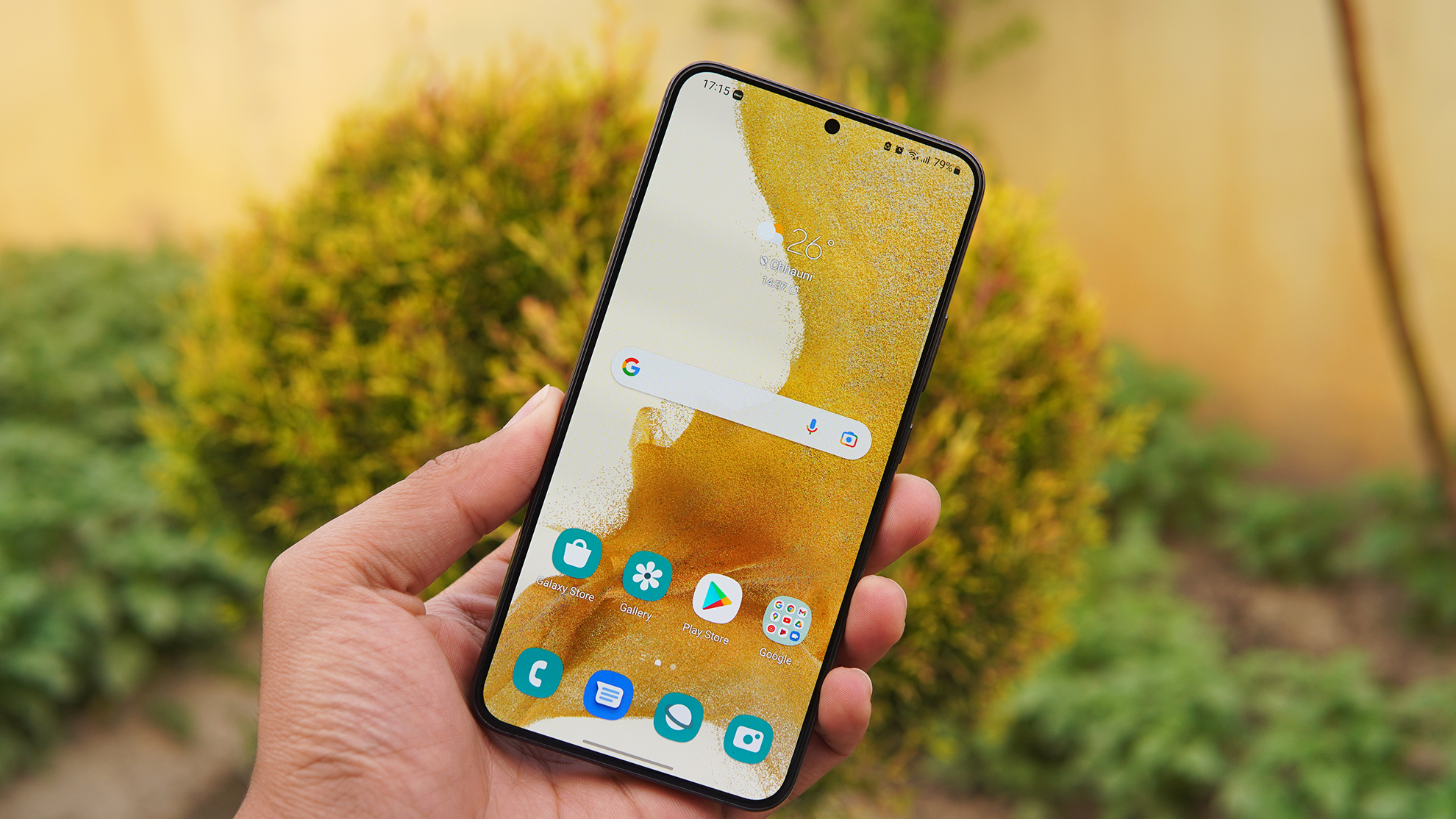
Apple iPhones after the iPhone XS, including iPhone 13 series, 12 series, and 11 series, all support eSIM. But if your iPhone is from Mainland China, it may not be compatible with eSIM.
And only the iPhone 13 mini, iPhone 12 mini, iPhone SE (2nd and 3rd generation), and iPhone XS from Hong Kong or Macau feature eSIM.
Huawei P40 Pro also supports eSIM. There are a few more Huawei, Sony, Oppo, Google, and Motorola phones that feature eSIM but are not available in Nepal officially.
Aside from iPhones, Apple iPad Wi-Fi + Cellular models also support eSIM, except for the Chinese variants. These models include iPad mini (5th generation and later), iPad (7th generation and later), iPad Air (3rd generation and later), iPad Pro 11-inch (all generations), and iPad Pro 12.9-inch (3rd generation and later).
Smartwatches including Apple Watch GPS + Cellular models (Watch 3 and later) and Samsung Galaxy Watch GPS + 3G/LTE (Gear S2 and later) also support eSIM. The cellular versions of these watches, however, are not yet officially available in Nepal.
READ NEXT: CG Net Finally Launches Its IPTV + Internet Service, Introduces CGNET Jodi and CG Grand Jodi
What do you think of eSIM in Nepal? Let us know in the comments below!
Also, watch our review of the Samsung Galaxy S22+ in Nepali.
-
TVS iQube with a 2.2 kWh Battery Launched in Nepal at Rs. 2.99 Lakh!HIGHLIGHTS TVS iQube price in Nepal starts at Rs. 3 Lakhs to Rs. 4.30 Lakhs.…
-
JMEV GSE Elight EV: An Affordable Electric Sedan Coming Soon to NepalHIGHLIGHTS JMEV GSE Elight EV price in Nepal is expected to be around Rs. 54…
-
Riddara RD6 – A High-Performance Electric Pickup Truck Launched in Nepal!HIGHLIGHTS Riddara RD6 price in Nepal is Rs. 65 Lakhs It is an all-electric mid-size…














